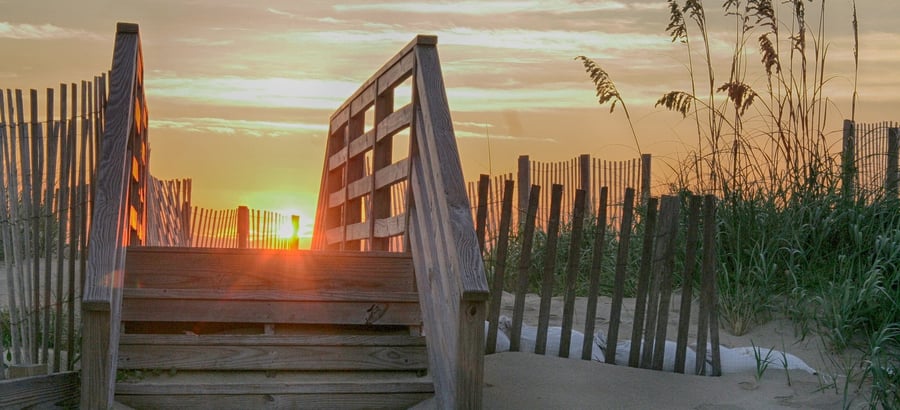
Renewable energy is becoming mainstream, thanks to falling costs and rising consumer interest. State renewable portfolio standards (RPS), which diversify the energy mix by requiring utilities to obtain a percentage of their generation from renewables, have played a major role in increasing deployment of renewable energy, and continue to be an important driver. Recently, a new source of demand has emerged: corporations that want to get the energy they use from renewable sources.
As of 2014, 60% of Fortune 100 companies and 43% of companies in the Fortune 500 had set greenhouse gas reduction and/or clean energy targets. This additional demand presents a significant opportunity for advanced energy companies, but its potential is being thwarted. That’s because, in many parts of the country, it is difficult if not impossible for a buyer to enter into a contract to purchase electricity directly from a renewable energy facility.
AEE sees the rules governing electricity sales that prevent willing buyers and sellers from entering into a transaction as market failure, and is working to take down this regulatory barrier. AEE’s newly launched Access to Renewables (A2R) campaign is focused on opportunities to change policy in states around the country and unleash this unmet demand.
One state that's seen recent policy development on this front is North Carolina. In March, State Rep. John Szoka (R-45) introduced the Energy Freedom Act, a bill that would allow “third party” (i.e., non-utility) owners of renewable energy projects to sell electricity directly to end users, as long as the facility does not generate more than 125% of the customer’s annual load. This would offer renewable energy as a choice to customers ranging from corporations, large institutions, and military installations to private homeowners.
“Free enterprise, in the form of market competition, is the cornerstone of the success of the United States and our economy,” said Rep. Szoka in a statement. “Allowing North Carolinians to generate electricity on private property and allowing consumers flexible financing options, has immediate and long-term benefits that extend beyond the parties involved in third-party agreements.”
The concept has strong support among North Carolina voters. A poll conducted by Conservatives for Clean Energy found that almost 80% of voters agreed that lawmakers should pass legislation allowing third-party energy sales to consumers.
It’s also a top legislative priority of the North Carolina Sustainable Energy Alliance (NCSEA), AEE’s partner in that state, which held a lobby day at the state capitol in Raleigh yesterday.
“Passage of the Energy Freedom Act would be a game changer for increasing affordable energy options for consumers, improving the resilience of electricity service and our economy, and empowering the market to invest and create jobs across North Carolina,” said Ivan Urlaub, executive director of NCSEA.
Customer demand for access to renewables is stimulating discussion, debate, and legislation in many states across the country, including Arizona, Georgia, and Florida, where a ballot initiative is under way – stay tuned for more updates!